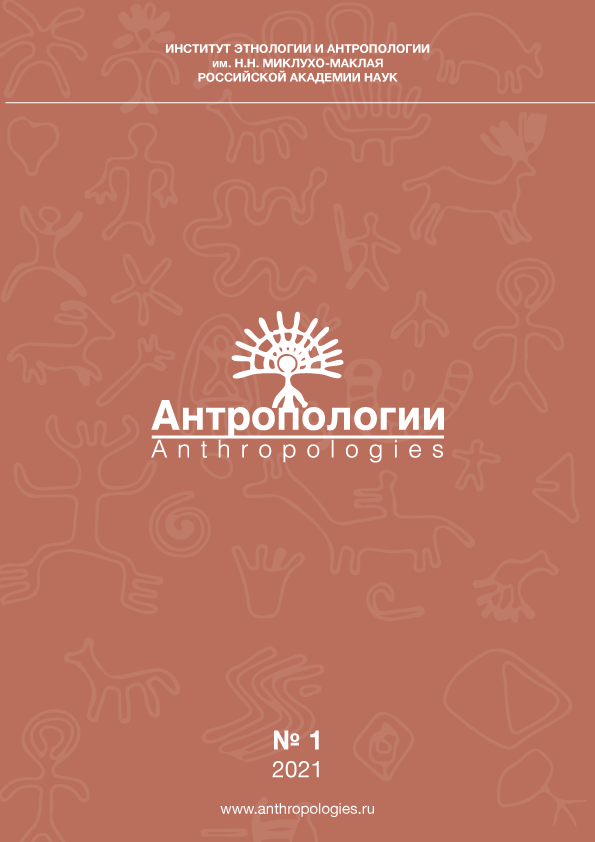Corruption and the State in the Sahel
DOI:
https://doi.org/10.33876/2782-3423/2021-1/97-120Keywords:
Sahel, corruption, state, bureaucracy, clientelism, good governance, international aid donors, social movementsAbstract
Starting in the early 2000s, new means of measurement produced by the international anticorruption industry cast a rather unflattering light on the Sahelian countries, stigmatizing them for their lack of public integrity. In 2016 the best known of these tools, Transparency International’s “Corruption Perception Index” ranked all Sahelian countries, excepting (barely) Senegal, as states with systemic corruption (a score lower than 43). Perceptions vary from country to country: Senegal and Burkina Faso are reputedly less corrupt than Mali and Niger; these two are, in turn, more virtuous than Mauritania, and even more so than Chad. These approaches, purely quantitative and decontextualized, shed little light on how corruption is socially and culturally embedded in everyday life. In contrast, this article is based on qualitative empirical studies and on the author’s own research in Niger, Senegal, and Mauritania.


